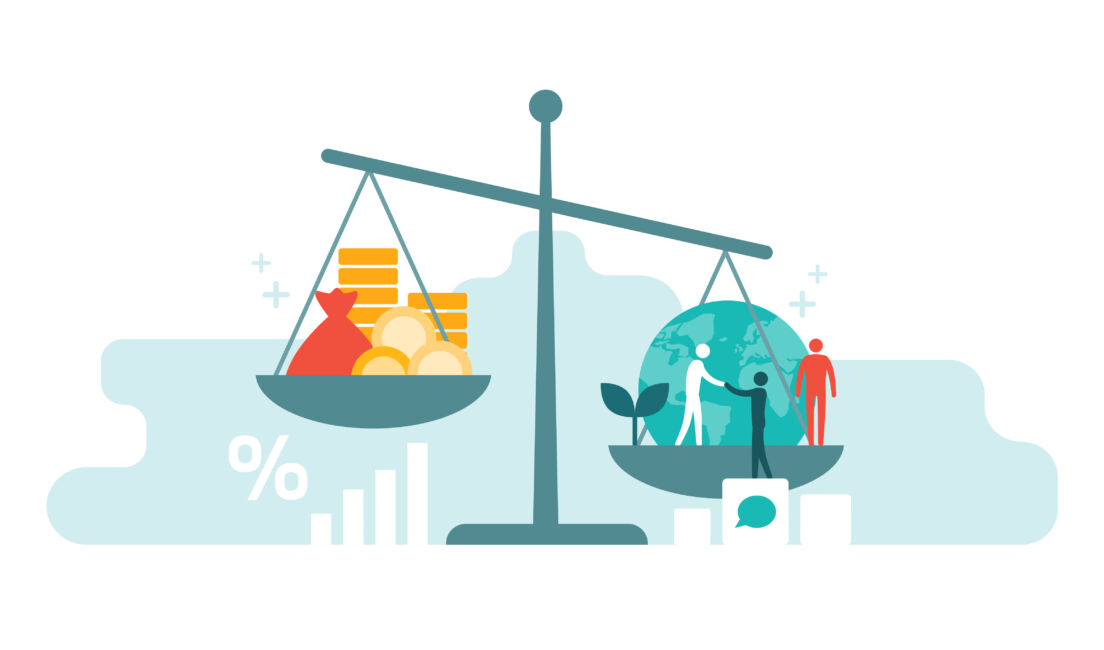Profits, prisons, and 5 links worth your time
Changing lives while making money

Over the past few years, I’ve had the good fortune to talk to some very smart people about the problems our country is facing. I’ve also had the opportunity to learn about how each of us, as individuals who care about and are committed to our communities, can address those challenges with creativity and innovative thinking.
On Thursday, July 15th, I’ll be talking with Michelle Cirocco, someone who is thinking about the role that businesses can play in making our communities better, and I want to invite you to join me for this conversation.
The role of business
Headlines have recently been full of questions about the role of business in society and whether CEOs have responsibilities beyond satisfying shareholders’ expectations. Businesses, many say, should be a force for good and not just by employing people, but by thinking beyond shareholders to stakeholders. Some have argued that business owners and executives have obligations to work to improve the environment, address racism, and take strong stands on political issues.
Others argue that businesses do improve our communities, simply by being successful. These people believe that, by focusing on what they do best, creating value through a profitable business, businesses provide goods and services that free up individuals to be problem-solvers in their communities.
Changing lives through profits
On July 15th, I’ll be talking with Michelle Cirocco, the Chief Social Responsibility Officer of Televerde, a national marketing and sales company, and she’d like to offer a new perspective that doesn’t require us to pick sides. Televerde is successful because of its employees, many of whom are currently or formerly incarcerated women. While the company profits because of its capable workforce, Televerde’s employees benefit because they, unlike many other formerly incarcerated individuals, are able to find work when they’re released from prison. Having a stable job greatly decreases the likelihood of recidivism, so while Televerde grows and profits as a business, individuals and society profit as a result of their employment practices.
Sound interesting? Join us on July 15th at noon eastern to be a part of the discussion. Michelle will talk about Televerde’s work, the impact business can have on society, and her own journey from being one of Televerde’s incarcerated employees to one of the Phoenix Business Journals Most Admired Leaders.
A longstanding debate
I hope you’ll join us for the discussion, but if you can’t make it, you can still learn about how this debate has developed since Nobel Prize winning economist, Milton Friedman first wrote about it in 1970 in the New York Times. Our five links this week include some background on Michelle and Televerde, Friedman’s historic argument, and several recent pieces on “stakeholder capitalism” and corporate social responsibility. Read more about this subject, share with friends, and let me know what you think!
Photo by elenabsl on Adobe Stock